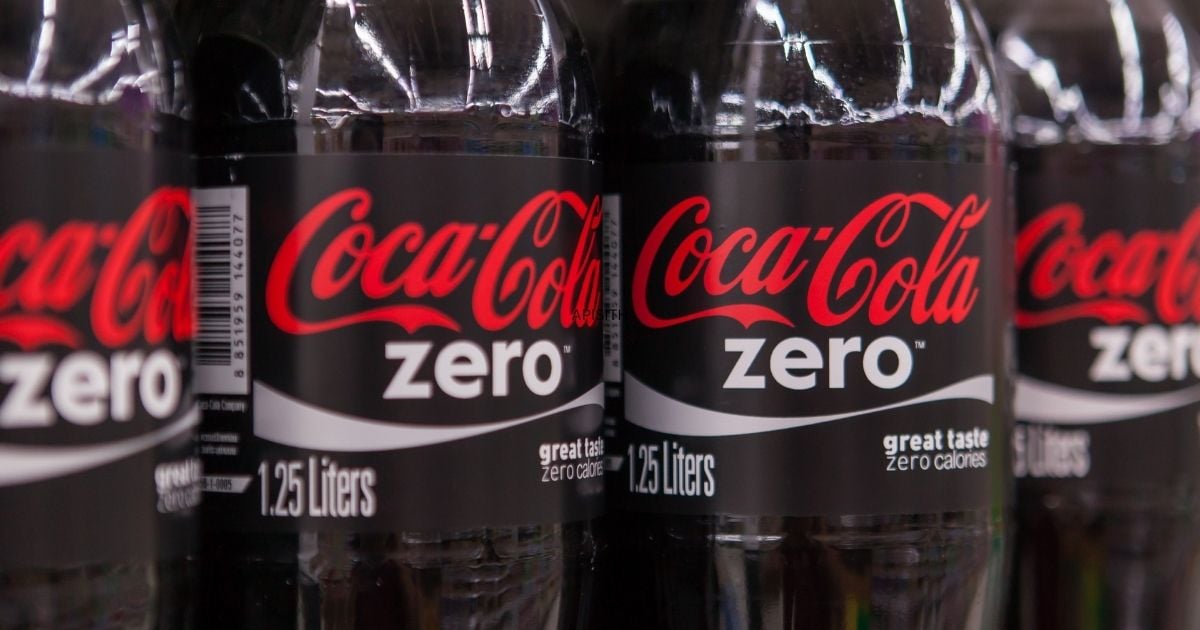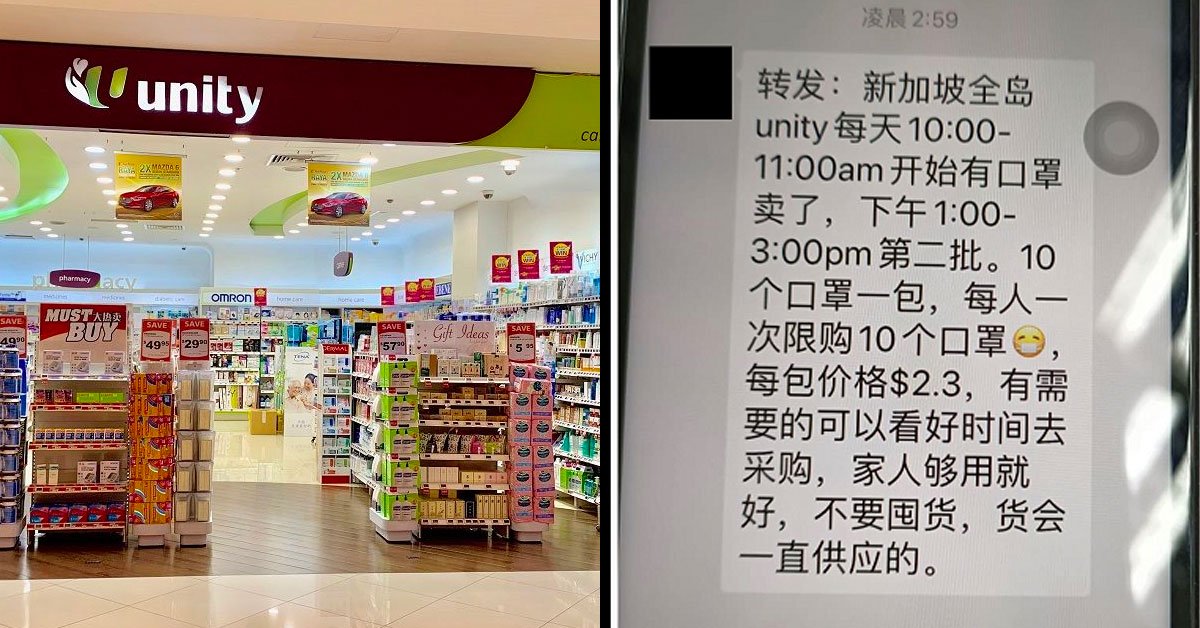If you have been paying attention to the news recently, you would have seen the words “aspartame” mentioned many times.
Most likely together with the popular Diet Coke and Coke Zero drinks.
The breaking news is that aspartame which has been used to sweeten drinks, including Diet Coke, may possibly be a carcinogen (aka a cancer-causing substance).
Here is what you need to know about this issue and how it could affect the drinks in Singapore.
Aspartame May Be Carcinogenic
Just this month, aspartame was declared a possible carcinogen to humans by the International Agency for Research on Cancer (IARC), the cancer research arm of the World Health Organization (WHO).
This ranks aspartame in Group 2B, with a “possibly carcinogenic to humans” tag based on the IARC classification scale.
These are the classifications the institution uses (which are split into four categories):
- Group 1 – Carcinogenic to humans
- Group 2A – Probably carcinogenic to humans
- Group 2B – Possibly carcinogenic to humans
- Group 3- Not classifiable
The qualifier of “possibly” means that based on the evidence examined through rigorous studies and efforts, there is “limited” evidence to show that the substance could cause cancer in humans.
Other items with this vague Group 2B classification include diesel, talc on the perineum, nickel, aloe vera, Asian pickled vegetables and a host of chemical substances.
The IARC ruling on aspartame was finalised after the institution reviewed about 1,300 studies on aspartame and cancer.
Notably, though, there was no indication or guidance on how much aspartame one can consume safely without the threat of getting cancer hanging over one’s head released together with this new classification.
This ground-breaking news about the popular sugar substitute was first revealed by news outlet Reuters last month, ahead of the (potential) death knell sounding for aspartame.
What is aspartame, you may wonder? It is a popular artificial sweetener, about 200 times sweeter than regular table sugar.
It was discovered in the same year as independent Singapore was founded, 1965, by American chemist James Schlatter.
Since then, it has been approved by the United States Food and Drug Administration and has been used as an additive for many household items, including some Coca-Cola spin-offs.
For those who are into the diet scene, you may wonder what’s the big deal about aspartame, given that there are so many other sugar substitutes in the market.
Aspartame is popular because, despite its intense sweetness, it has almost zero calorific value. It also does not have an unpleasant bitter aftertaste like saccharin.
Therefore, it is very suitable to use in products which weight-conscious people consume.
Aspartame Is Very Common in Household Consumables
Since aspartame is that prevalent, we can expect it to be in many products available in Singapore.
For instance, the HeathXchange.sg website, which SingHealth runs, lists aspartame as a sugar substitute readily available in Singapore.
Aspartame is found in the product Equal. It can also be found in confectionary, desserts, soft drinks, sugar-free cough drops and gelatine.
Puddings, powdered drink mixes, candy, and baked and canned foods may also add aspartame to enhance their flavours.
If you are fans of “healthier” fizzy drink options such as Diet Coke, Fanta Zero Orange, Sprite, Ribena Light and 7Up Free, then the chances are you are already consuming this sugar substitute whether you know it or not.
Some other sugar substitutes available in the local market include saccharin (found in Hermestas), sucralose (found in Splenda), stevia (a herbal product found in Equal Stevia and Jovia), and xylitol (a plant-based sugar alcohol found in XyloSweet).
As to whether aspartame is suitable for consumption, given the new finding that it could possibly cause cancer, the article mentions that sweeteners are “okay if taken in small amounts and occasionally”.
It does, however, call out aspartame as something to avoid if you have the inherited disorder phenylketonuria (PKU) since such people cannot safely consume the amino acid phenylalanine. This amino acid is found in aspartame.
The Singapore Food Agency also calls out other groups of people who should avoid taking food and beverages enhanced with aspartame.
These are people with advanced liver disease and pregnant women with hyperphenylalanine.
The site also says that aspartame is “safe and approved for use in food worldwide”.
Given the breaking news about how aspartame may cause cancer, the million-dollar question is how this affects drinks in Singapore from now on.
As of the time of writing this article, the food safety authorities in Singapore have not mentioned anything about pulling items containing aspartame off shelves.
But if you are a health-conscious consumer who wants to err on the side of caution, you may want to scrutinise the nutritional labels on all the products you purchase from now on and avoid those with the aspartame additive.
Even better still, choose the items with no sugar added at all. That would mean preferring drinks with the “A” Nutri-Grade label as those drinks have the least sugar content amongst drinks offered in Singapore.
An alternative would be to choose drinks without chemical additives and go for the “natural” table sugar version of drinks, though beware that increased sugar intake comes with its own host of health problems.
These problems include higher blood pressure, inflammation, weight gain, diabetes, and fatty liver disease.
At the end of the day, it may be that there is no escape from the health harms of consuming sugar or its substitutes. As one HealthXchange article wisely says, “Moderation is key”!



